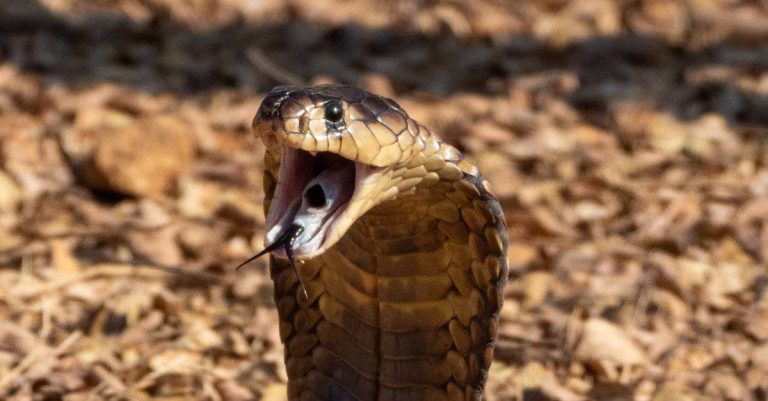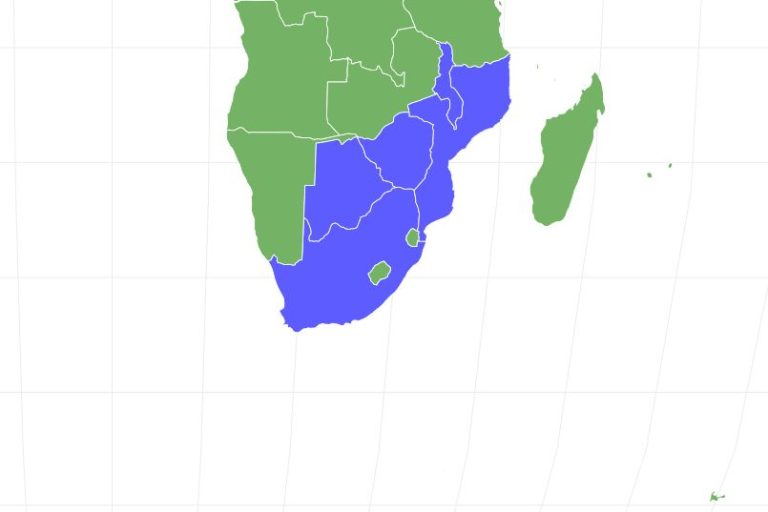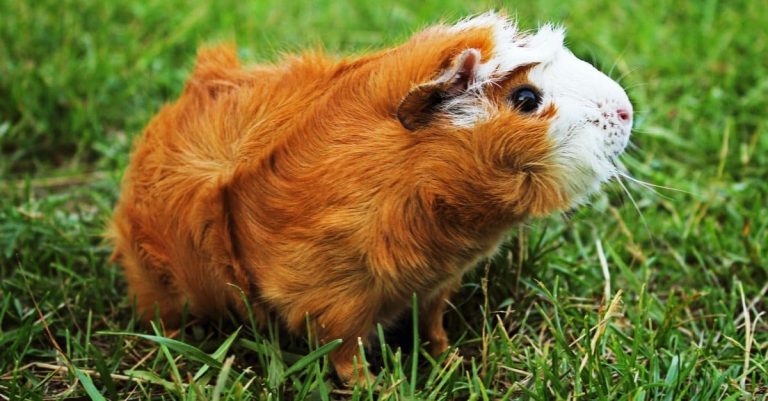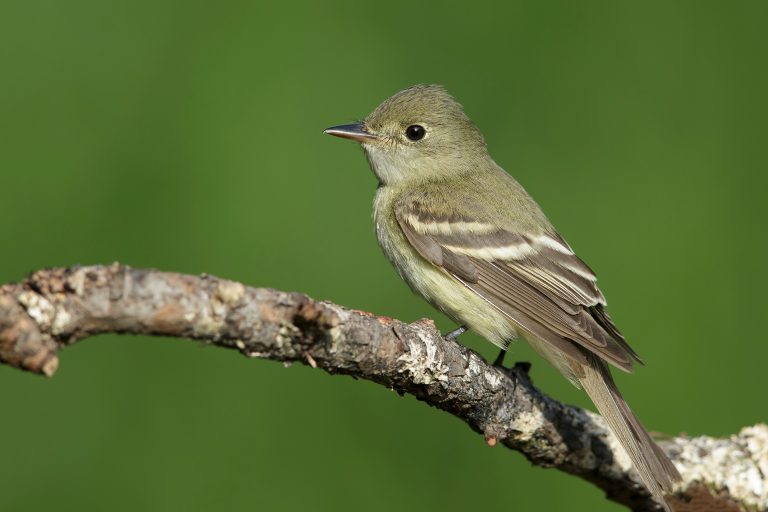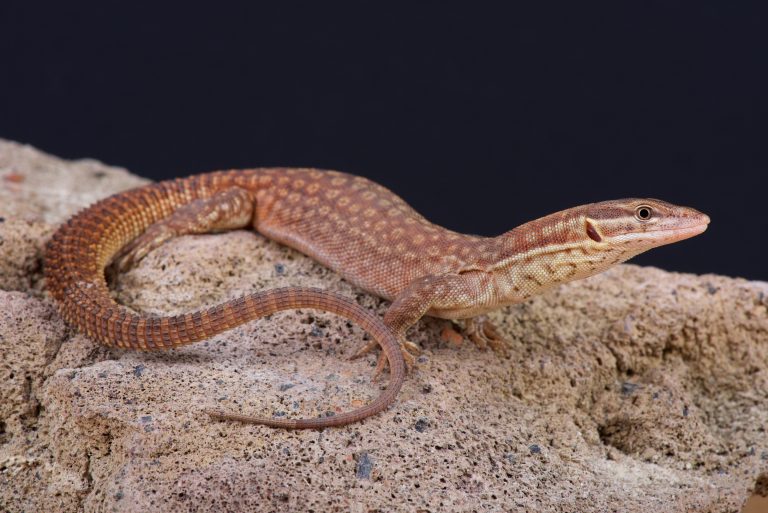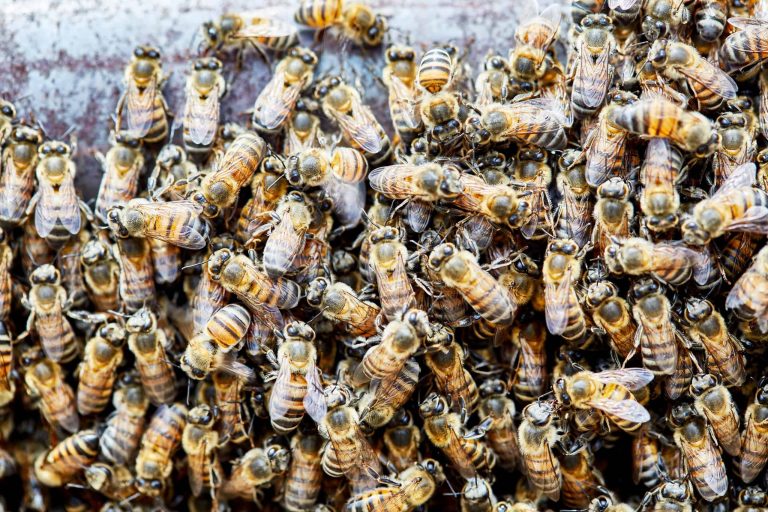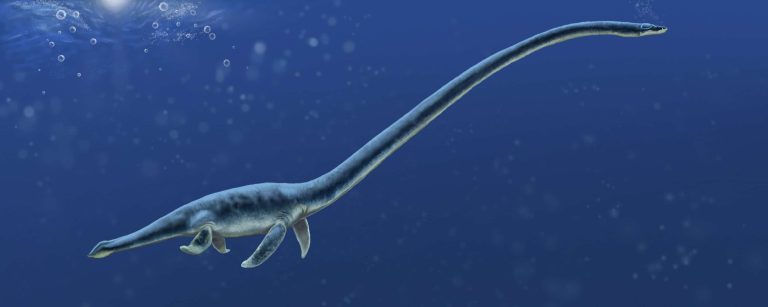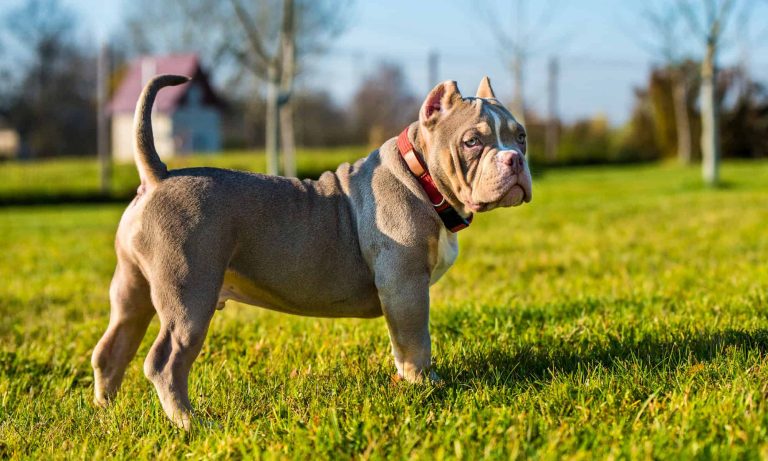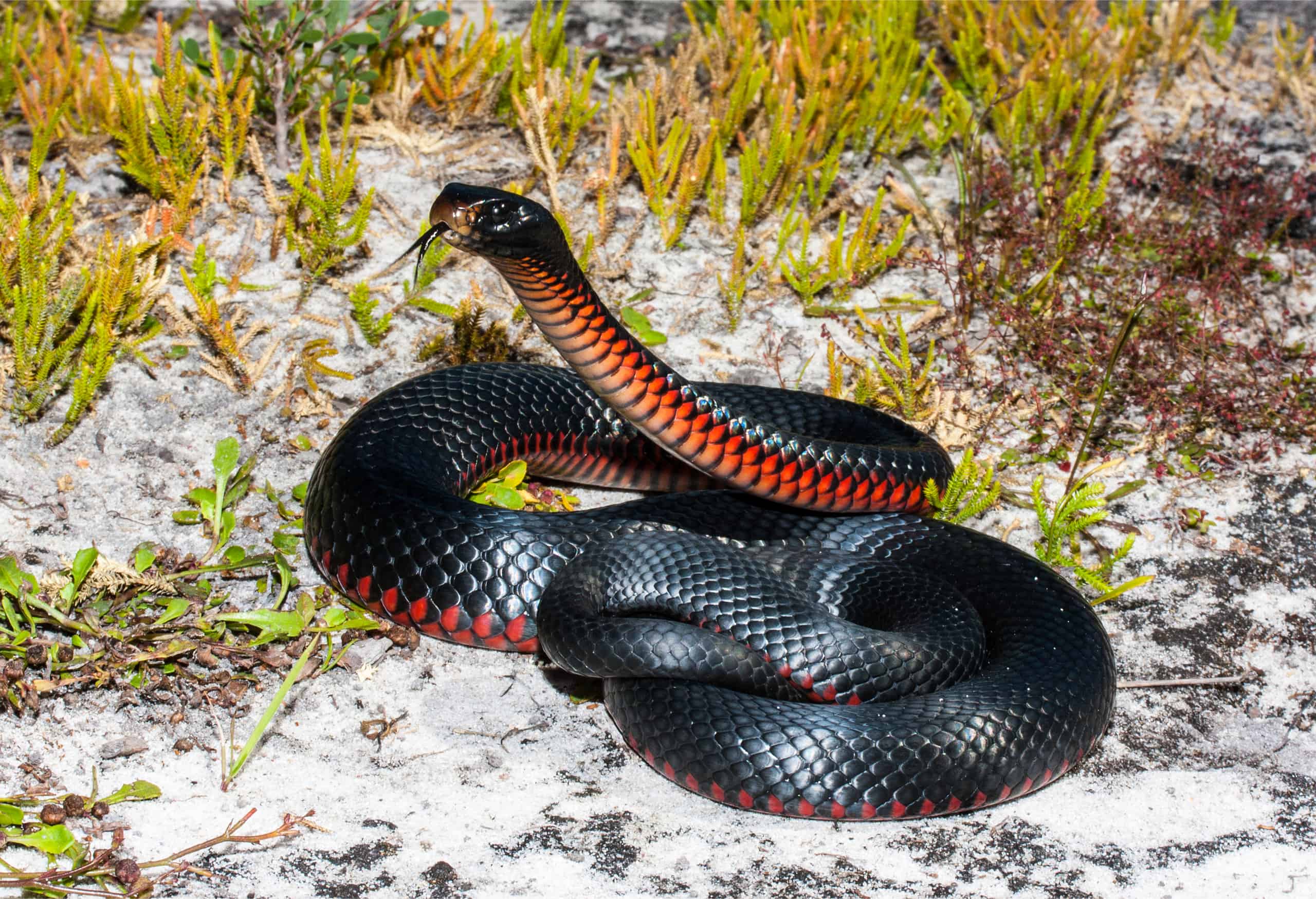Snouted cobras can expand to a dimension of 8.2 feet.
environment in the southerly component of Africa. The bite of a snouted cobra has effective poison that can lead to fatality if the individual does not get antivenom. The diet of this snake includes rodents, birds, toads, and often various other snakes. Snouted cobras are understood for having an especially huge, some claim gigantic, hood.
4 Snouted Cobra Impressive Realities
- This snake might reside in the exact same deserted termite pile for many years
- It can lay from 11 to 33 eggs
- It often consumes various other snakes such as the puff adder
- The poisonous bite of this snake can create a human to enter into respiratory system failing and otherwise dealt with ultimately triggers fatality
Where to Discover Snouted Cobras
The snouted cobra can be discovered in numerous areas, consisting of savannas and timberlands,
The snouted cobra stays in the southeastern part of Africa. It is discovered in the nations of Botswana, Eswatini, Malawi, Mozambique, South Africa, Zambia, and Zimbabwe.
These snakes exist in a savannah environment. They likewise are seen in the bushveld and Lowveld areas. These areas have some verdant locations in addition to huge celebrations of completely dry, scrubby trees.
Snouted cobras are a bit extra noticeable in their environment throughout breeding period in the springtime. Eggs are laid early in the summer season.
They are nighttime, looking for their food during the night. Throughout the day they are often observed sunning themselves on rocks in order to boost their body temperature level. This actions prevails in snakes and is called basking.
Nations where this snake is discovered:
- Botswana
- Eswatini
- Malawi
- Mozambique
- South Africa
- Zambia
- Zimbabwe
Snouted Cobra Scientific Name
The scientific name of the snouted cobra is Naja annulifera The genus name Naja is in fact based upon the Sanskrit (south Asian language) word naga, which suggests cobra. The genus consists of several of one of the most poisonous snakes in the globe. The species name annulifera might stem from the Latin term rectum, indicating ring- formed. This might perhaps be a referral to the grouped shades along the body.
Snouted Cobra Population & & Conservation Status
According to the IUCN Red Checklist, the snouted cobra is taken into consideration to be a species of least concern. Sadly, researchers have actually not collected adequate realities regarding its population numbers to make an appropriate quote, however the species does seem typical and steady throughout its whole array.
Just How to Determine Snouted Cobras: Appearance and Summary
Snouted cobras vary in their range shades. Some have yellow or grayish brownish ranges on their back while others have blue- black ranges. Some snouted cobras have a range pattern including rotating straight bands of yellow and brownish. This is why it’s called a grouped cobra. Its stomach is yellow with dark spots. Some snouted cobras have dark rings around their throat.
It’s called the snouted cobra due to the fact that it has a particularly huge rostral range on completion of its nose. The added solid range assists this snake as it presses its nose right into the ground to tunnel.
A significant function of this snake is the dark range under each eye appearing like a tear. And also, it has a particularly huge hood contrasted to various other kinds of cobras.
Exactly how to determine a snouted cobra:
- Strong yellow-colored- grey or blue/black ranges
- Feasible rotating pattern of yellow and brownish bands
- Yellow stomach with dark smudges
- Dark rings around the throat location
- Famous range on completion of its nose
- A dark range appearing like a drop under each eye
- An additional- huge, or gigantic hood contrasted to various other cobras
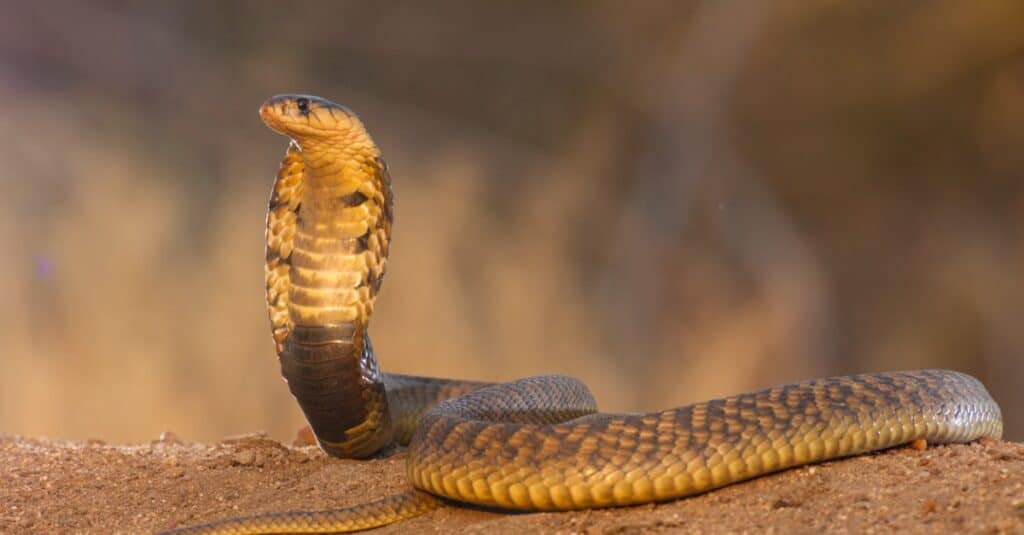
iStock.com/ StuPorts
Snouted Cobra: Just How Hazardous Are They?
By utilizing its sharp fangs, the snouted cobra can provide a harmful mix of contaminants that
Snouted cobras are taken into consideration extremely hazardous as a result of their rapid- acting, powerful poison. This snake spreads its gigantic hood and looks down a risk in an initiative to discourage it away. It also opens its mouth and makes a hissing noise! Or it vacates the location preferably to run away the threat. To put it simply, it is not hostile and does not quickly attempt to attack.
Obviously, some individuals are attacked by snouted cobras. An individual strolling in the snake’s environment might tip on one. When this snake is hing on the ground it mixes right into its environments extremely well. Other individuals are attacked while attempting to manage this snake.
If a bite happens the primary step is to obtain the individual to a clinical center so fast therapy can be provided. Heading to the medical facility, the harmed individual must stay as still as they can. It is essential to remove any type of watches or fashion jewelry so they will not conflict if swelling happens on the hurt arm or leg. Use a tidy plaster and make certain it is offering modest stress to the bite injury.
It might be alluring for the individual to massage therapy the bite injury in an initiative to decrease the discomfort, however this ought to be stayed clear of. Rubbing the injury can create the poison to take a trip better right into the individual’s system.
There’s an antivenom readily available to deal with the bite of a snouted cobra.
Snouted Cobra Actions and Humans
These snakes are plentiful in South Africa however remain concealed in their savannah environment a lot of the moment. So, humans do not normally see these snakes.
Mice and rats comprise a huge component of this snake’s diet. Basically, they play a vital part in the ecological community by assisting to regulate the population of rodents.

